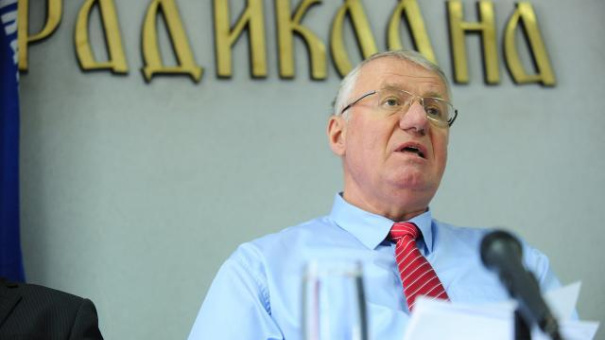Serbia's Vojislav Seselj Acquitted of all Charges
Today, the International Criminal Tribunal for the former Yugoslavia (ICTY) surprised many with its announcement of the verdict of the leader of the Serbian Radical Party Vojislav Seselj - he was acquitted of all charges, with the court finding no criminal wrong doing on his part. He was accused of financing, managing, and supporting the Serb volunteer units and inciting ethnic hatred during the wars in Croatia and Bosnia in the early 1990's. His trial and imprisonment had long been a focus of Serbia' heated internal political scene, which is split over the issue of European integration and NATO, or increased ties with the Eurasian Union and the CSTO. Seselj is seen as a symbol of Serbia's resistance to foreign military and economic domination.
